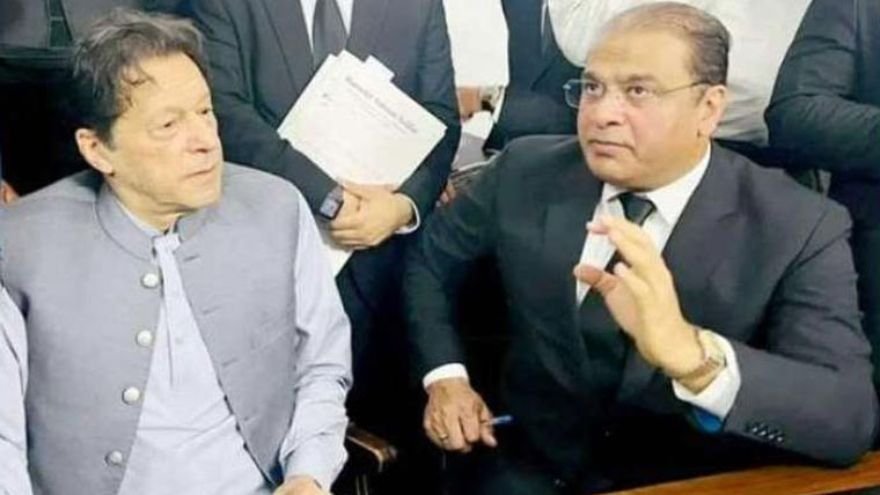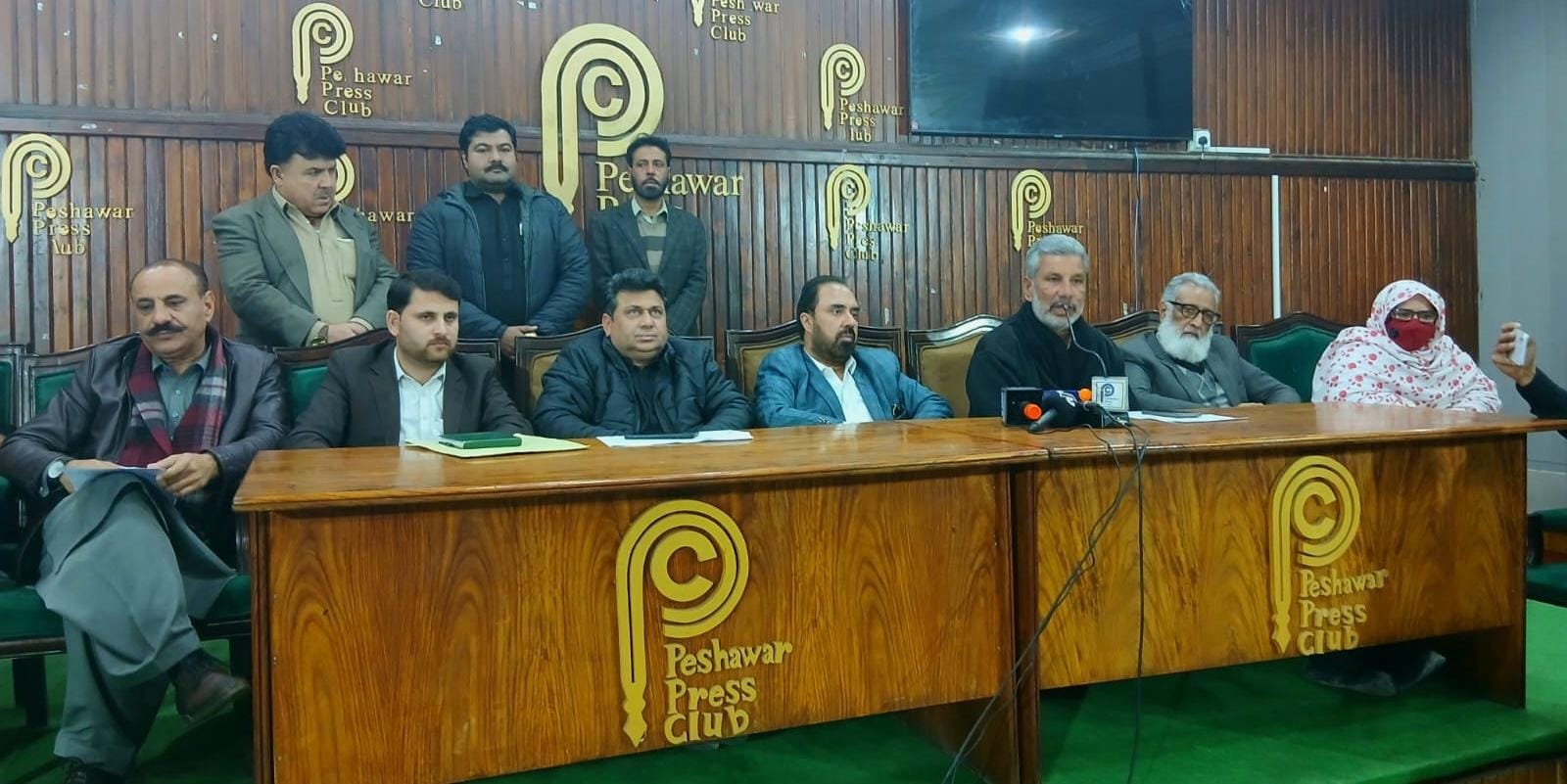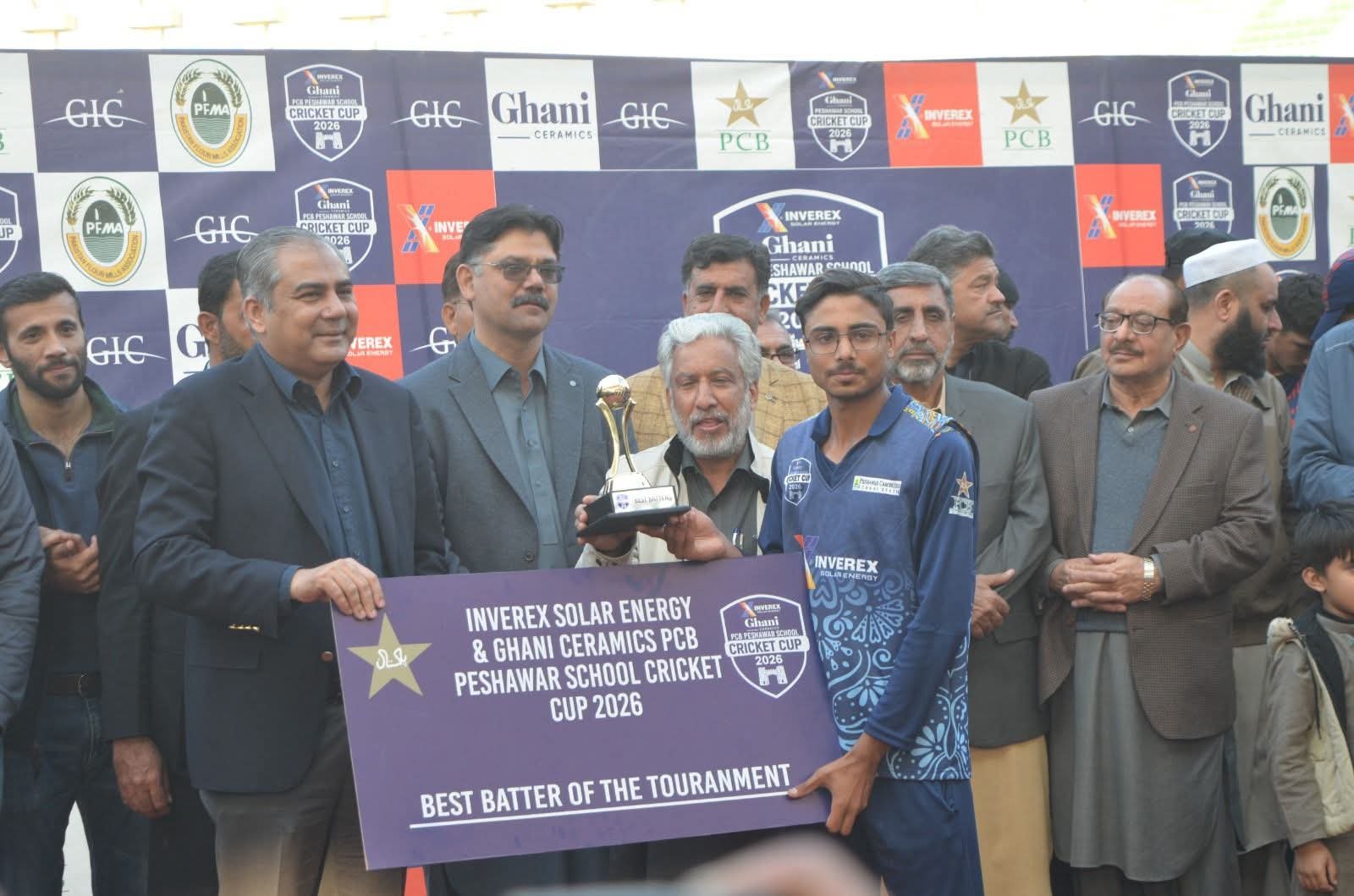At a joint press conference with Inter-Services Public Relations (ISPR) Director General Lt Gen Ahmed Sharif Chaudhry, Interior Secretary Muhammad Khurram Agha stressed that Pakistan remained fully committed to combating terrorism.
The press conference came just days after a barbaric suicide bomb attack on a school bus in Khuzdar in Balochistan that claimed the lives of at least eight people, including six schoolchildren. Lt Gen Chaudhry and Agha both said that initial investigation reveals that ‘Fitna al-Hindustan’ was behind the bombing.
“If the need be, and that would be a later decision, it would have an operation maybe similar to Zarb-e-Azb but at a later stage. As of now, there are continuous operations under way that you [media] are witnessing and Lt Gen [Chaudhry] has shared figures relating to those as well,” Agha told the journalists.
“Every effort is being made; day and night; our people are making efforts and our security forces are achieving results as shown earlier. As we speak, in due course, it [our efforts] will increase and we will eliminate all such elements over time,” he added.
“Once we go with something like Zarb-e-Azb, we have to be prepared. In that preparation, every effort is being made so that every facet of the National Action Plan [NAP] that is implemented [and] brings peace that we need,” Agha stressed.
The interior secretary stated that the Khuzdar attack indicated India’s shift from hard targets to soft targets. He condemned the “cowardly attack on innocent children” and vowed retaliation. “Our response will be decisive. They [terrorists] will not succeed.”
On the occasion, the DG ISPR said that India-sponsored attackers had no humanity, morality, and Baloch or Pakistani identity. He said that India had been involved in state-sponsored terrorism for the past many decades to destabilise regional peace.
He also pointed out that arrested terrorists had admitted to receiving funding from India for various attacks. “The Khuzdar incident is deeply tragic, carried out on India’s orders. Fitna al-Hindustan is targeting innocent people, including children and travellers,” he added.
The chief military spokesperson highlighted a string of attacks carried out on directions from India in Balochistan such as the killing of workers, attacks on buses, bombings, and incidents involving non-locals being targeted in barber shops.
Showing images and video footage of the martyred children during the briefing, Lt Gen Chaudhry said the attack in Khuzdar was an escalation in this pattern, with India shifting its strategy to attacking women and children.
He emphasised that the terror activities in Balochistan were not linked to any specific ethnic group or religion but the result of India’s proxy war in the region. “Is there any humanity, morality, any Baloch or Pakistani identity in this?” he asked.
The DG ISPR presented an audio recording of an Indian army officer, Maj Sandeep, discussing the funding of terrorism in Balochistan. The officer’s conversation revealed how India strategically sent money to fuel terrorism in Pakistan, using separate accounts for different stages of operations.
He questioned India’s justification for attacking Pakistani mosques and madrasas. He questioned the credibility of India’s claims, pointing out that Pakistan had always presented evidence to counter India’s allegations, whereas India had failed to provide any evidence of its claims.






 Today's E-Paper
Today's E-Paper